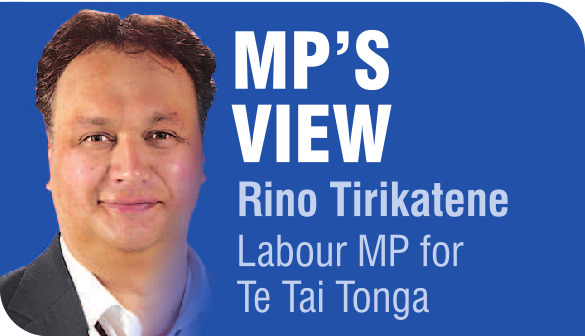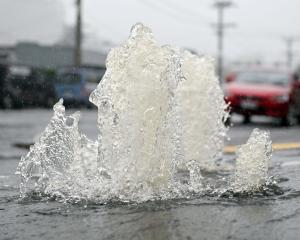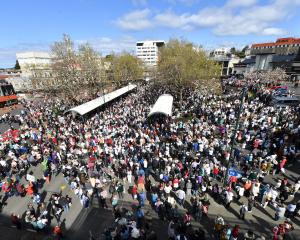
North Islanders might scoff at that, pointing to their warmer average temperatures, but across the four seasons Dunedin can rely on its mildness and predictability.
In a typical year the South would avoid the extremes that, say, Northland might record in rainfall or Wellington might record in wind.
Yet the last four seasons upset that mildness and predictability, with Dunedin recording unusually low sunshine hours in winter and unusually high temperatures in summer.
This summer, Dunedin was the country’s driest main centre, experiencing something closer to a Central Otago summer than a normal coastal summer. For the most part, the La Nina phenomenon is responsible for this year’s unpredictable summer weather, but climate change plays its part as well, adding fuel to temperatures and storms.
For that reason, the Government is doubling down on its efforts to combat climate change.
That involves reducing carbon emissions via the emissions trading scheme, a marketplace where polluters can purchase carbon credits to offset their emissions, as well as investing in resilience.
Prime Minister Chris Hipkins was clear that, in the wake of Cyclone Gabrielle and the damage it wrought on Hawke’s Bay and Gisborne, the country must build back better.
In the coming months, the full shape of that rebuild will become clear. But in the meantime, the Government is doing what it can to support immediate recovery efforts including releasing $15 million in funding to marae across the affected regions.
As people in the South Island will know, marae are often "first responders" opening their doors to the displaced.
After the Christchurch earthquakes, in 2010 and 2011, and the Kaikōura earthquake, in 2016, local marae opened their doors to house and feed people who had lost their homes and livelihoods.
This is important work that, as a Government, we’re proud to support. Marae are a form of infrastructure. But this work to support immediate recovery must be paired with work to support long term reforms that help combat climate change.
This is why our Government is commissioning several industry transformation plans. These plans outline how the Government, industry, iwi, and other stakeholders will partner to develop sectors such as advanced manufacturing, agritech, digital technologies, fisheries, forestry and wood processing, and more.
The plans are an acknowledgement that combating and adapting to climate change will require significant changes to the economy, but that these changes should not come at the expense of work and jobs.
Under our Government, New Zealand is experiencing strong job growth. In 2022, Infometrics found Dunedin added about 800 jobs to its economy — an impressive achievement in a difficult year of Covid-19 outbreaks and cost of living increases. Dunedin workers and businesses deserve credit for their resilience and initiative.
As a Government, I’m particularly proud that, despite difficult global economic conditions, we’ve managed to maintain an exceptionally low unemployment rate. But, as is always the case, the work goes on.
As MP for Te Tai Tonga, I’m here to advocate for the interests of Te Tai Tonga.
We’re blessed with our social, cultural, and economic resources. Our challenge is to make the most of them.














